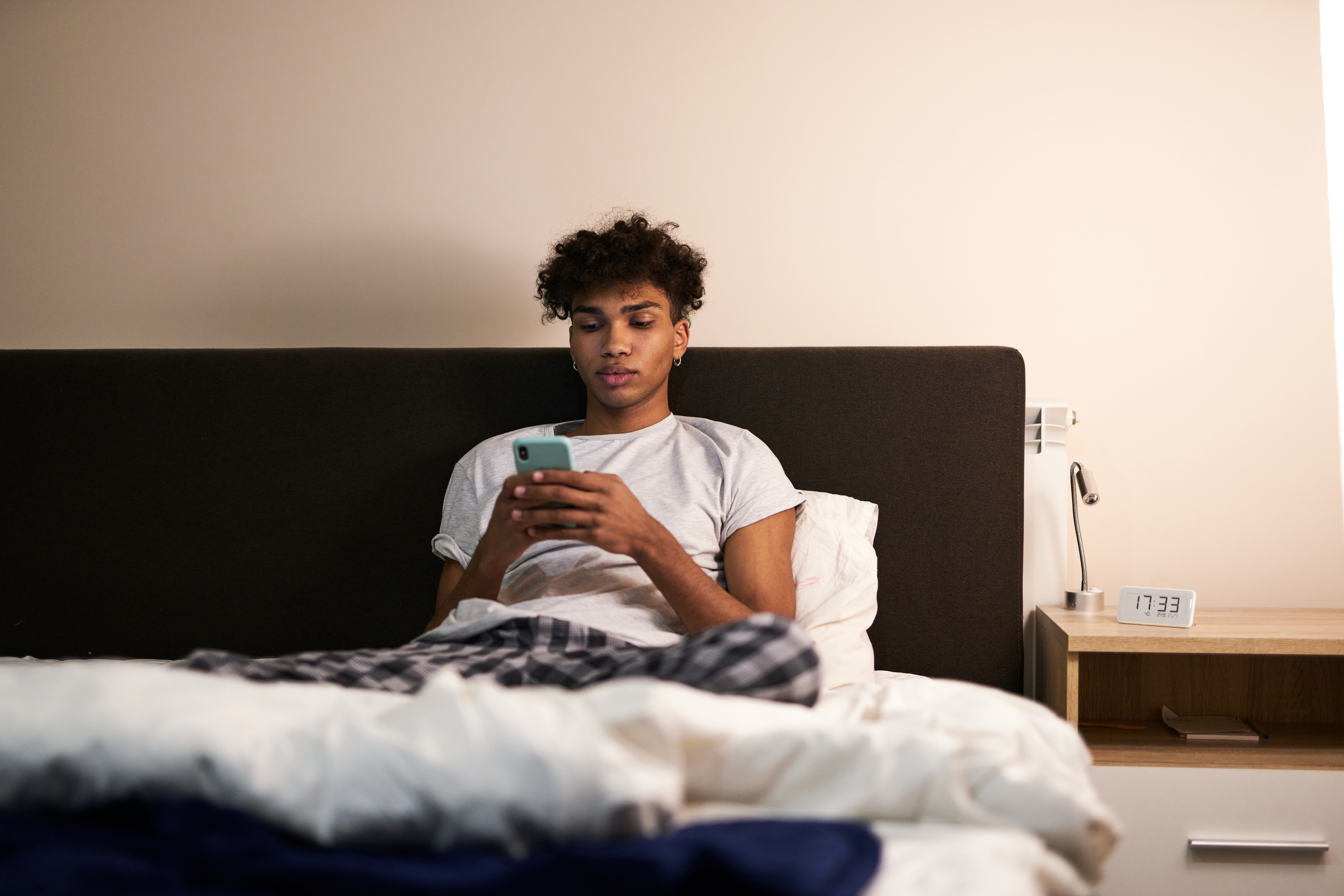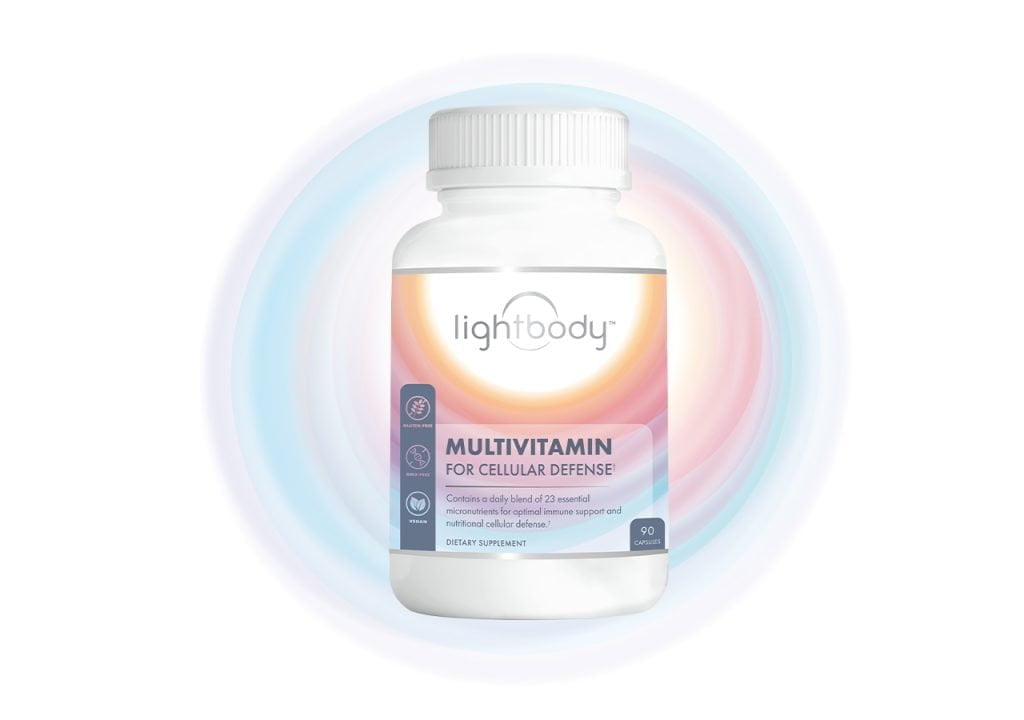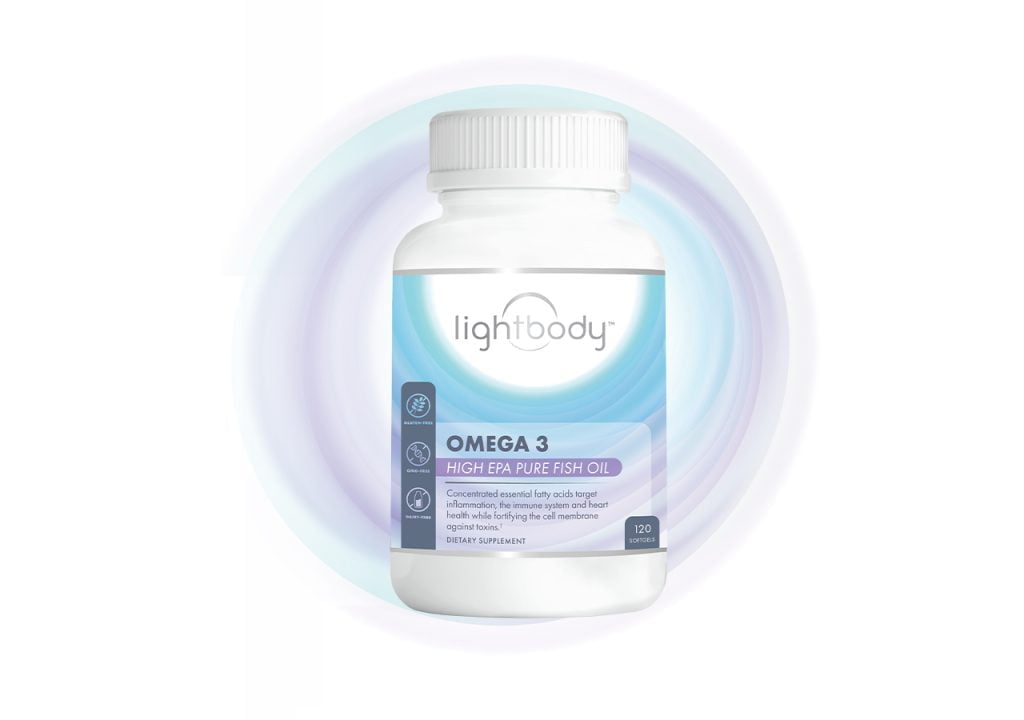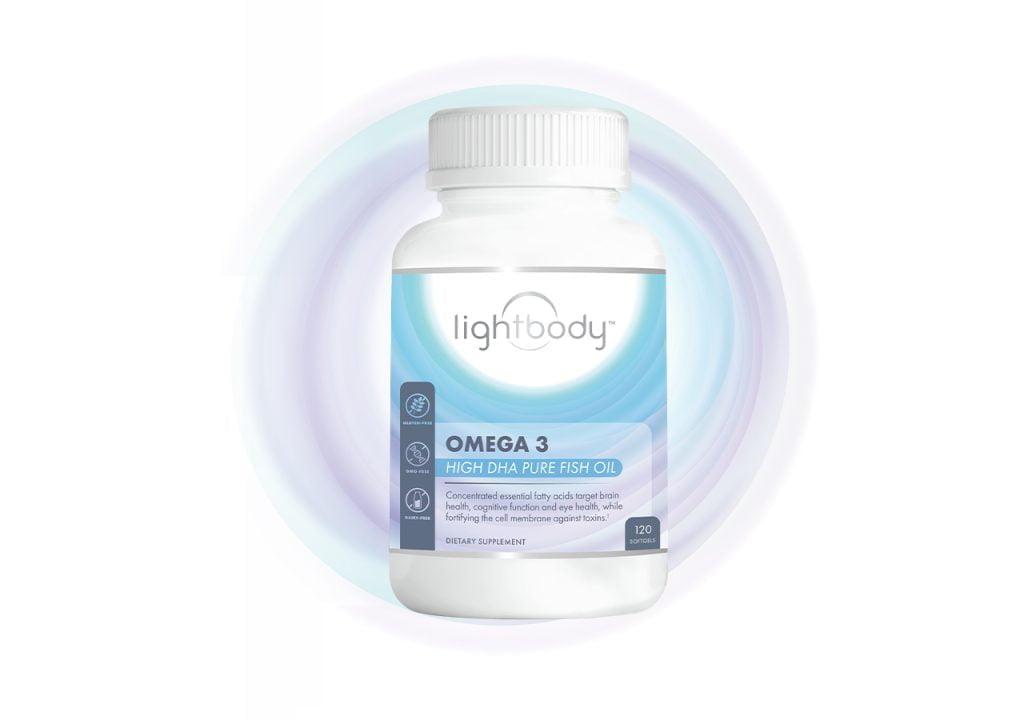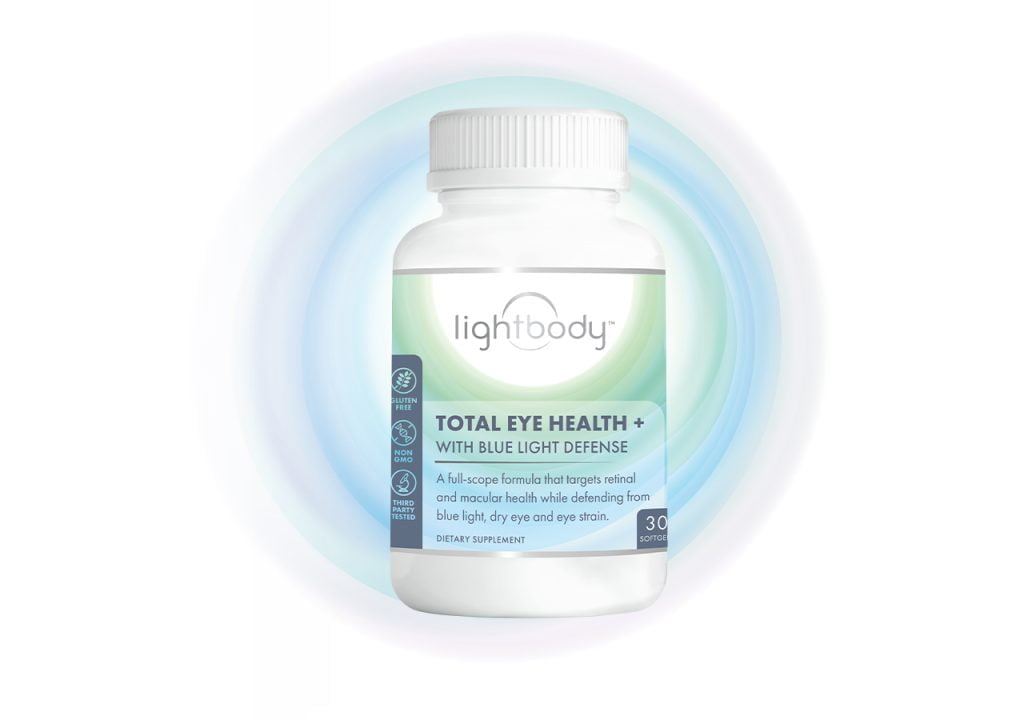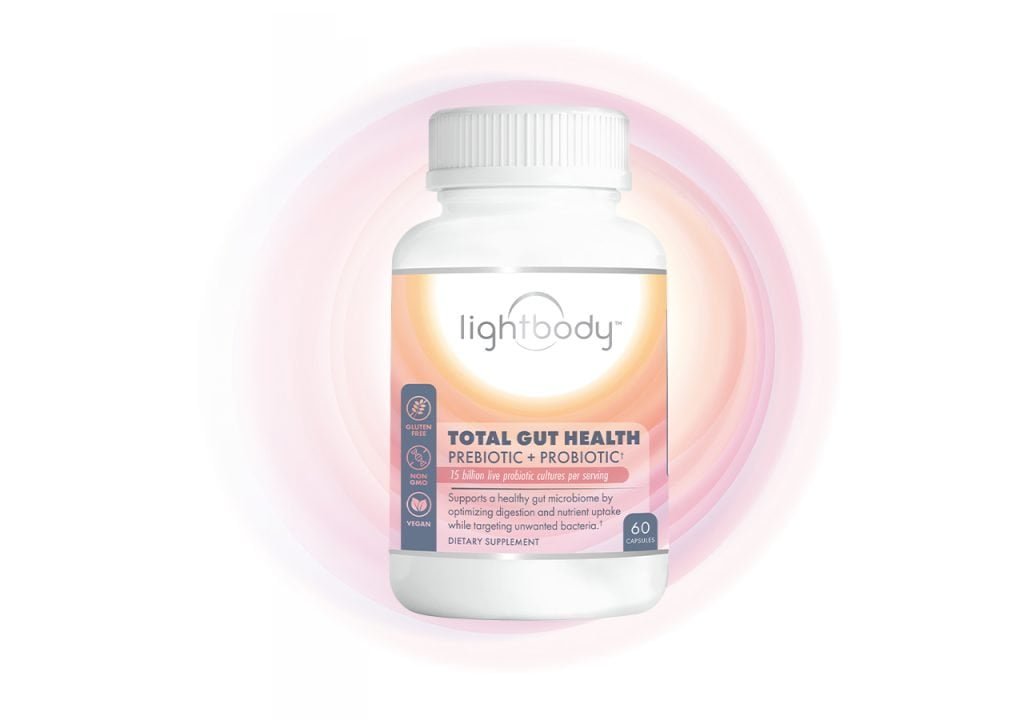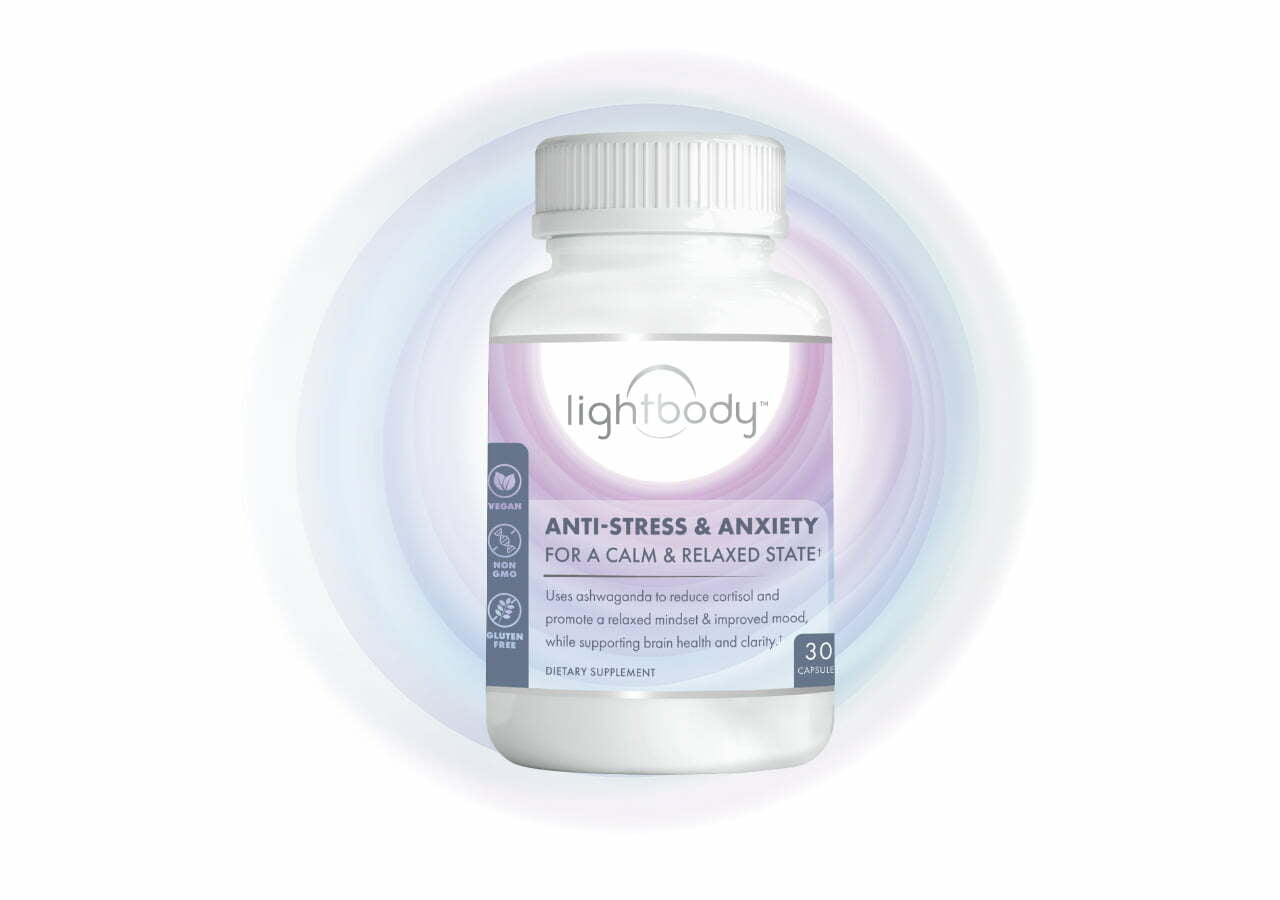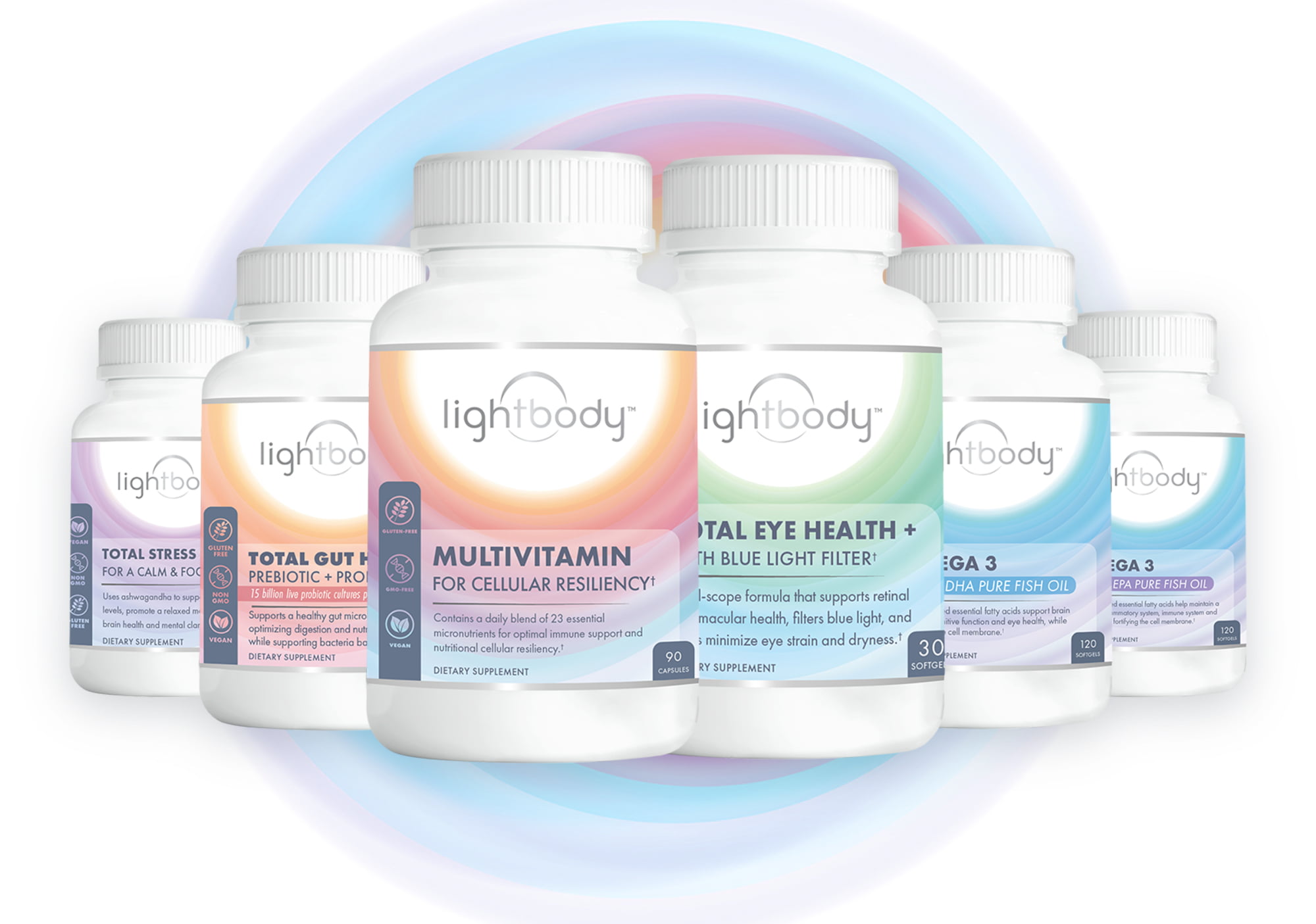The nightly struggle to embrace a restful sleep is an experience shared by countless individuals, myself included. As we find ourselves tossing and turning, the consequences extend beyond just exhaustion.
Fatigue infiltrates our daily lives, impacting overall well-being. A decline in both work and personal productivity begins. Concentration dwindles, making it hard to complete even the simplest of tasks.
The ripple effect of poor sleep touches almost every aspect of our lives, presenting a challenge that demands attention and a proactive response.
I was often struggling to fall and stay asleep. And I couldn’t quite figure out what was impacting my sleep in such a significant way.
That was until I considered blue light. Turns out, the bright light emitted from my electronic devices, omnipresent in modern life, held the key to to understanding why I wasn’t getting enough restful sleep.
Once I made this connection, I was able to implement changes to my daily habits and fix my sleep.
In the following blog, I’ll take you through the impacts of blue light on sleep patterns and some of the strategies I discovered to counteract its disruptive effects. Join us on this journey to towards better sleep for more restful nights and revitalized days.
In this article, you’ll learn:
- What is blue light?
- Sleep-wake cycle
- Blue light and melatonin
- Does blue light keep you awake? Its impact on sleep quality
- Strategies to reduce blue light exposure
- Conclusion: a blueprint for better sleep
- Frequently Asked Questions
What is blue light?
All light is electromagnetic radiation within the visible spectrum. The visible light spectrum is what we, humans, can perceive visually.
Just a brief physics lesson for you: made up of the ROYGBIV rainbow, blue light falls at the blue end of the spectrum, opposite to red light. All light are waves, with wavelength varying depending where on the color of light. Blue light is a high-energy, short-wavelength light. The shorter wavelength of this kind of light is why it has higher energy compared to other forms of light.
Sources of blue light
There is both artificial and natural blue light.
Blue light emanates from various sources in our daily environment. Devices, such as smartphones, tablets, and computers, emit a substantial amount of blue light. Screens often feature high-intensity LED backlighting. Televisions are another common source.
LED lighting, though energy efficient, is a pervasive source found in homes and workplaces. Compact Fluorescent Lamps (CFLs), while less intense compared to some devices, still contribute to our overall exposure.
Even natural sources, like the sun, provide a dose of blue light during the day. Understanding the intensity emitted by these diverse sources is crucial, as it helps us tailor strategies to manage and mitigate their potential effects on our sleep habits.
Sleep-wake cycle
The circadian rhythm is a natural, internal biological process that regulates the sleep and wake cycle and repeats roughly every 24 hours. This cycle is influenced by external cues, primarily exposure to light and darkness, and is controlled by the body’s internal “biological clock.”
The circadian rhythm plays a crucial role in coordinating various physiological and behavioral processes, such as hormone production and body temperature.
So it’s important we keep this cycle in tact and in rhythm. And this is where the malicious effects of blue lights come in to play.
Are there any benefits of blue light exposure?
Not all blue light exposure is bad. Humans actually need exposure to this type of light to keep us awake and alert. But our bodies are adapted to receive this blue light vitalization from natural sources, that is the sun.
Our concern is the overexposure to artificial blue light at the wrong time, specifically during the evening and night time when the body is supposed to be winding down for a night of rest.
Blue light and melatonin
The circadian rhythm is partially controlled by melatonin, often dubbed the sleep hormone. Your brain produces melatonin in response to darkness, signally to the circadian rhythm that it is time to sleep.
The body’s internal clock interprets blue light as a signal to stay awake and alert. Particularly in the evening, when our natural environment transitions into darkness, exposure to blue light from electronic devices can suppress melatonin production, making it harder for individuals to fall asleep.
According to researchers from Harvard, blue light suppresses melatonin production twice as long than other colored lighting.
Does blue light keep you awake? Its impact on sleep quality
Because exposure to blue light decreases melatonin production, you may find it harder to fall asleep and develop disrupted sleep patterns. Your quality of sleep will decrease – and we know the importance of quality of sleep. Poor sleep can lead to an array of health problems, both mental and physical.
And while not directly related to blue light, by using technology at night, you are forgoing a longer rest period. Doom scrolling on your phone in bed at night only takes away from the precious hours of sleep.
Strategies to reduce blue light exposure
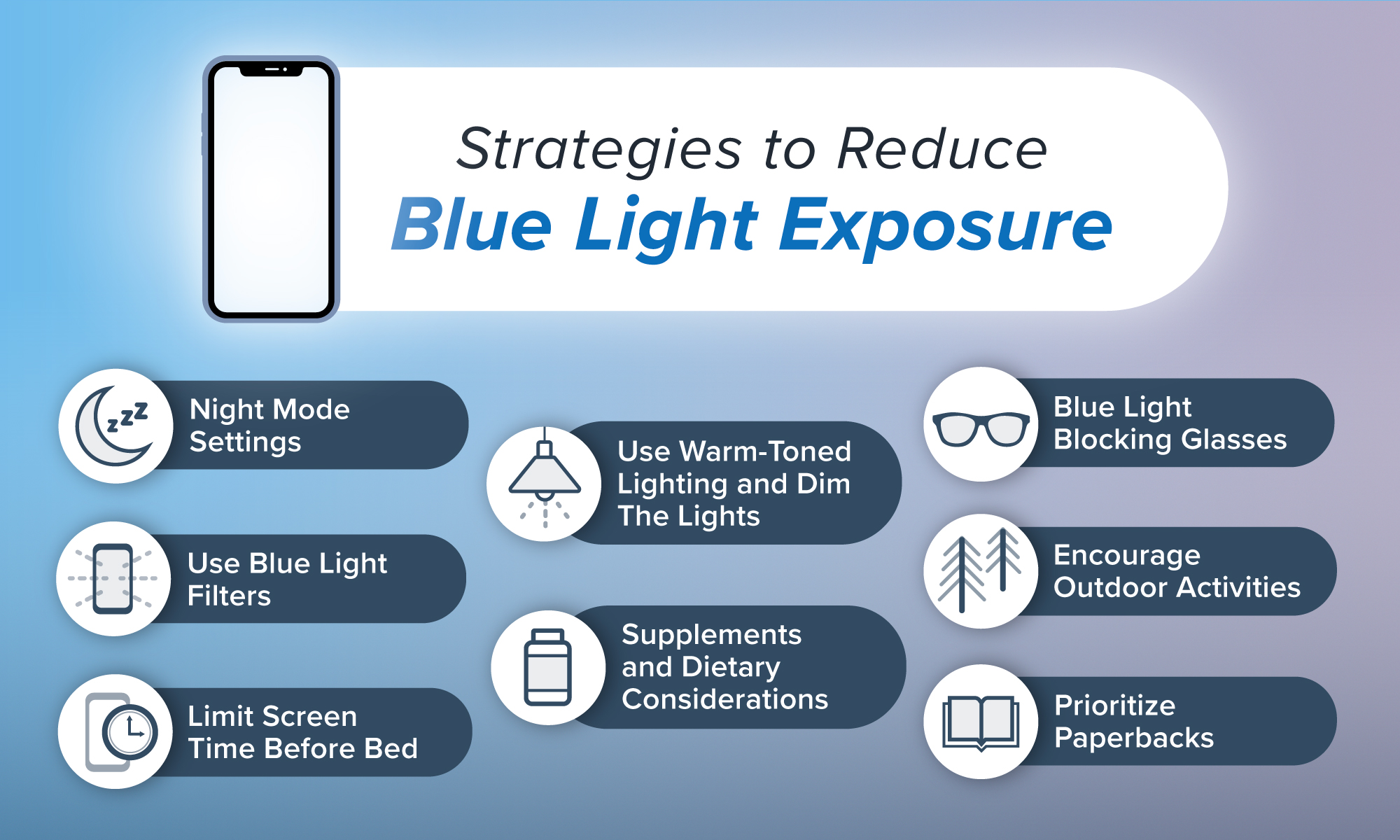
Below are some practical tips I found useful, especially in the evenings:
- Use blue light filters. Apply physical blue light filters or screen protectors on devices to reduce the intensity of blue light emission.
- Night mode settings. Activate the “Night Mode” or “Night Shift” settings on smartphones, tablets, and computers to automatically reduce blue light during the evening.
- Blue light blocking glasses. Wear blue light blocking glasses, especially if you spend extended periods in front of screens, to block blue light and mitigate its impacts.
- Limit screen time before bed. Establish a digital curfew by avoiding screens at least an hour before bedtime to allow your body to naturally wind down.
- Use warm-toned lighting and dim the lights. Opt for warm-toned or amber light bulbs in the evening, as they emit less blue light compared to cool-toned lighting. Dim the lights in your living space as bedtime approaches, signaling to your body that it’s time to transition into a more relaxed state.
- Encourage outdoor activities. Spend more time outdoors during the day to increase exposure to natural blue light from the sun, which can help regulate your circadian rhythm.
- Prioritize paperbacks. Choose physical books for evening reading to skip the artificial light of screens and some e-readers.
- Supplements and dietary considerations. Supplementation can be an ally for better health, including improved sleep, when there are gaps in your diet. To learn more, check out our blog on the best vitamins for eye health.
Sleep hygiene tips
In addition to the tips above regarding blue light exposure, the following can help you improve overall sleep hygiene:
- Establish a consistent schedule. Go to bed and wake up at the same time every day, even on weekends. Consistency reinforces your body’s natural sleep-wake cycle.
- Create a relaxing bedtime routine. Engage in calming activities at night, such as reading a book, practicing meditation, or taking a warm bath. Establishing a routine signals to your body that it’s time to wind down.
- Optimize your sleep environment. Ensure your bedroom stays cool, dark, and quiet. Invest in a comfortable mattress and pillows to promote healthy sleep.
By combining these additional tips with strategies to minimize exposure to blue light, you can foster a comprehensive approach to improving sleep quality.
Conclusion: a blueprint for better sleep
So, does blue light keep you awake? I think we all know the answer now, yes it does.
It’s clear that our modern lifestyles have introduced new challenges to our well-being. From the delicate balance of the circadian rhythms disrupted by screens, the glow from our devices demands our attention.
Armed with knowledge and a few simple tweaks—like adjusting screen settings and considering eye-healthy supplements—we can navigate this digital age more consciously.
As we strive for a balance between the convenience of technology and the need for quality sleep, let’s commit to adopting practical strategies. Whether it’s winding down with a good book or setting a digital curfew, our journey to a healthier relationship with technology begins with small, intentional steps.
Here’s to brighter mornings ahead, where well-rested eyes greet the dawn. Until then, sleep tight and take care of your health!
Frequently Asked Questions
Yes, exposure to blue light, especially in the evening, can disrupt the production of melatonin, the sleep hormone, and negatively impact the sleep-wake cycle.
No, exposure to blue light at night can strain the eyes and disrupt circadian rhythms, potentially leading to sleep disturbances.
Yes, TVs emit blue light, and prolonged exposure, particularly before bedtime, can contribute to sleep-related issues similar to other electronic devices.
Blue light suppresses melatonin production, signaling the body to stay awake and disrupting the natural sleep cycle, which can result in difficulty falling asleep and reduced overall sleep quality.
